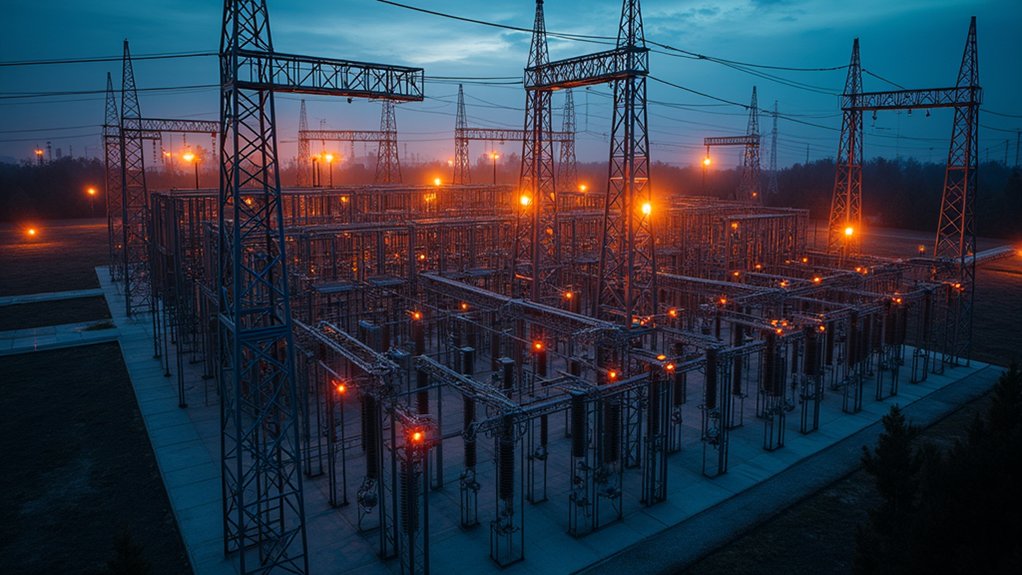Microsoft has terminated the use of China-based engineering teams for Pentagon project technical support following intensified security scrutiny and a damaging investigative report that exposed significant vulnerabilities in the company’s defense contracting practices.
The policy change, announced by Microsoft‘s chief communications officer Frank Shaw, represents a dramatic shift in how the tech giant handles sensitive military contracts amid escalating concerns about Chinese cyber espionage capabilities.
The decision followed a ProPublica investigation revealing that Chinese engineers provided technical support for Pentagon cloud systems with minimal oversight from American personnel.
These engineers handled Impact Level 4 and 5 materials, classified as sensitive data just below “top secret” designation, during U.S. “digital escorts” assigned to monitor their work often lacked necessary technical skills to scrutinize advanced coding operations.
Defense Secretary Pete Hegseth mandated an immediate two-week review of Pentagon cloud support practices, declaring the termination of all China-based involvement in Department of Defense cloud projects.
The investigation extends beyond Microsoft to encompass all technology vendors supporting Pentagon cloud services, with potential implications for Cybersecurity Maturity Model Certification vendors.
The arrangement had been critical in Microsoft securing federal cloud contracts over the past decade, but warnings about espionage risks were raised and inadequately addressed.
U.S. escorts monitoring Chinese engineers were frequently underpaid American citizens with security clearances but minimal relevant coding experience, creating substantial security gaps in oversight protocols.
Microsoft’s systems have previously been compromised by Chinese threat actors, including a significant 2023 breach affecting State Department and Commerce Department email systems.
The United States classifies China as a persistent cyber threat to government networks and critical infrastructure, prompting policymakers and security agencies to advocate for stricter controls on foreign labor in defense technology supply chains. Security experts have raised concerns about the potential for malicious scripts to be inserted into critical military infrastructure through compromised code review processes.
The Pentagon has ordered a thorough review of all cloud contracts and foreign technical support arrangements to identify potential security risks. Senator Tom Cotton sent a formal letter to Defense Secretary Pete Hegseth demanding a comprehensive list of contractors and enhanced threat detection training protocols.
Senate Intelligence Committee members have demanded improved security measures for Department of Defense supply chains and foreign subcontractors, signaling broader policy shifts that may affect the entire defense technology sector’s reliance on international technical support teams.









